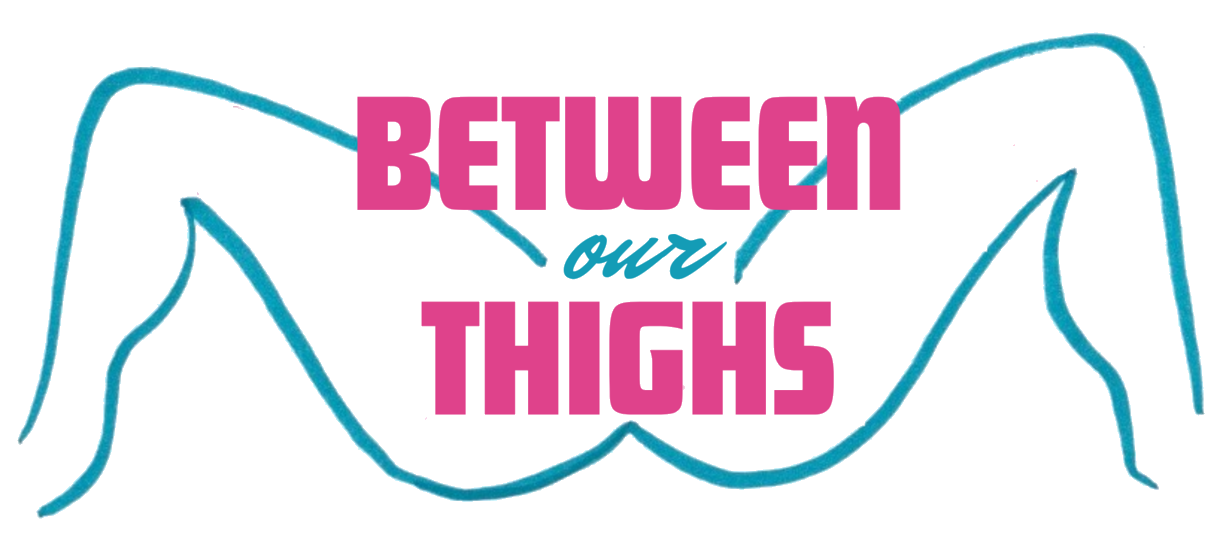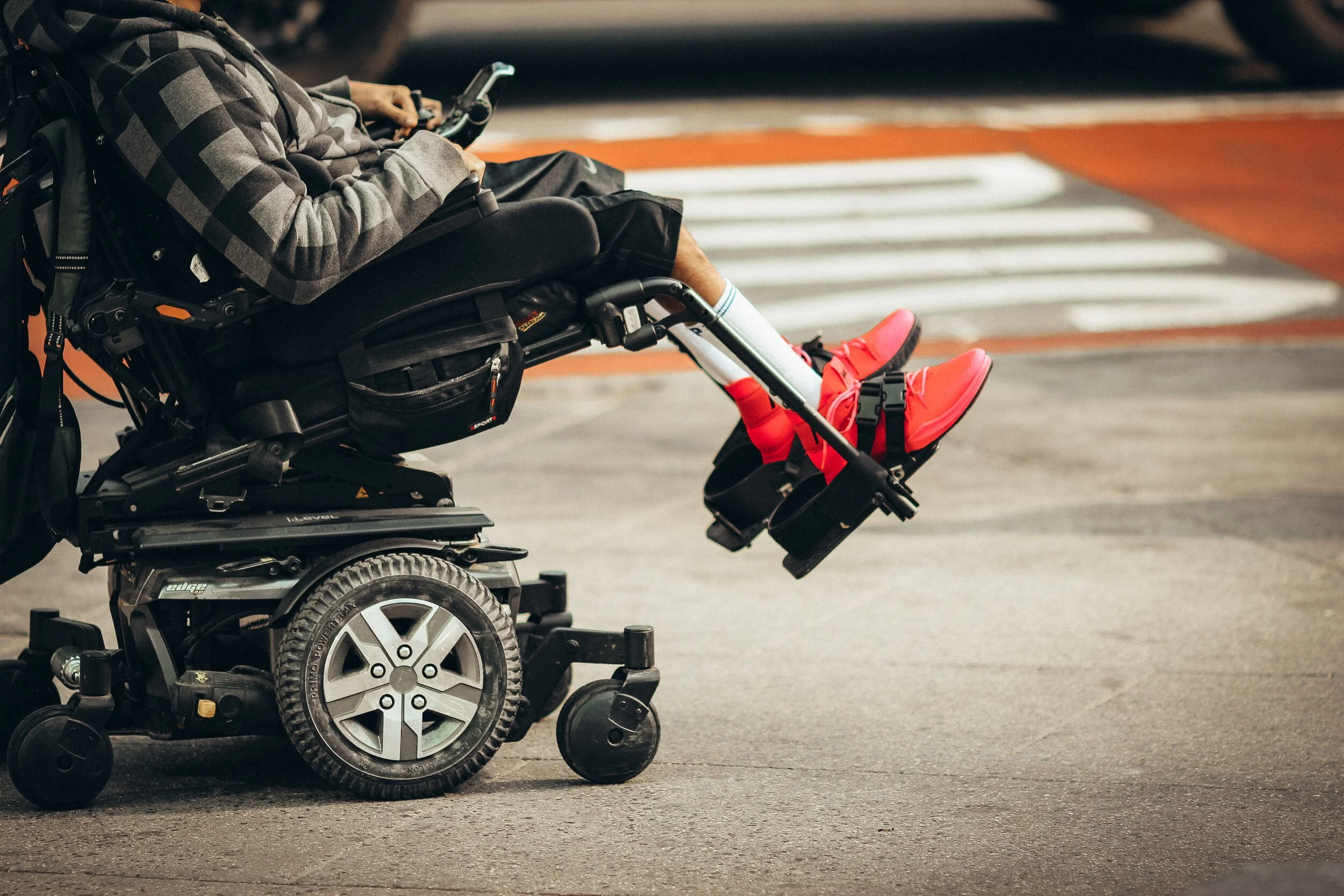Disability Pride Month: Celebrating All Abilities for All People
Have you heard of Disability Pride Month?
To celebrate the month in which President George H. W. Bush signed the Americans with Disabilities Act on July 26, 1990, Disability Pride Month was formed as a result. This month aims to embrace, honour fully, and celebrate every differently-abled person, regardless of where they are located in the world. This goes beyond the act’s goal to prohibit discrimination against people with disabilities and even to elicit disability awareness.
Who is Disability Pride Month for?
We spoke to Kelly Gordon, Inclusivity Lead at Hot Octopuss and the host of Pleasure Rebels Podcast. She made it clear that this is one of the awareness months meant for everyone, regardless of their ability. “Disability Pride month is vital, not just for disabled people, but for non-disabled people, too. It is important that during this time, we recognize how disabled people have struggled and are still struggling, especially during the pandemic,” she said. “Disabled people constantly have to adapt and problem solve, and this can be exhausting! Whether it’s just making sure their living spaces are accessible and that they can do things that non-disabled people take for granted (like having a shower that they have access to, organizing their care staff schedules, and the even more shocking parts of disabled life, like marriage inequality). It is time-consuming and often frustrating.
“It is also important to focus on accessibility, ensuring that your event spaces, offices, homes, and online spaces are accessible; if they’re not, [we must] work with disabled friends and colleagues to work on this. At the brand, we work with disabled creators and consultants, ensuring that everything from our marketing campaigns to our products are inclusive throughout. Hot Octopuss prides itself on the fact that we are inclusive, and we recognize that everyone has a right to sexual pleasure.”
Does the sex industry discriminate against disability?
From the porn industry to the accessibility of toys usable by folx of all abilities, the sex industry hasn’t always been inclusive. However, as disability awareness expands, it has become increasingly inclusive, including incorporating the voices and opinions of those consuming the materials and products first-hand.
Photo courtesy of Cute Little Fuckers.
Step Tranovich, Founder of Cute Little Fuckers, knows that “[d]iversity is such a big topic these days, yet ability-diverse individuals are all too often left by the wayside in these conversations, especially around sex toys and the adult industry. It’s like people think disabled people don’t fuck, but we know that is definitely not true! We need more inclusion of diverse abilities not just in the marketing, but down to the product design. As a chronically ill and differently-abled person, I think about this at the core of designing, and every time I read a review from an individual about how their Cute Little Fucker works welfare of their body in a way no other toy has, my heart just flutters.”
If you’re interested in hearing more about what Step has to say, you can listen to his story on our podcast episode, “Let’s Talk Sex Toys (with Step of Cute Little Fuckers)“! You can also save $5 off your order from Cute Little Fuckers when you use the code BETWEENOURTHIGHS at checkout!
Confront and Reject Ableism
Simply put, ableism is the discrimination and prejudice against those who are (or who appear to be) disabled in some way, shape, or form. This is made manifest in attitudes reflecting a belief that non-disabled folx are ‘superior’ or have ‘greater importance’ than those who do. It’s reflected in people’s attitudes and in the designs of public spaces and the products we use in our daily lives. While both Kelly and Step noted design flaws in the sex toy industry, they can also be found in everyday products, representation in marketing materials, and other such things.
How can we change this? For starters, we can talk to the differently-abled community and seeing what they need instead of making assumptions on their behalf.
Disability Pride Month is one of the awareness months that doesn’t just seek to bring disability awareness to the general public, but also to offer an opportunity for society as a whole to celebrate and embrace an array of abilities. This time allows people to be themselves and make a change towards ultimate inclusivity, rather than just provoking pity. Ableism is also brought to the forefront, forcing the world to acknowledge and question its presence and work diligently towards eliminating it. There is no need for discrimination and social prejudice against diversely abled folx and those perceived as being differently-abled.
How will you be celebrating Disability Pride Month this year, including how you’ll promote disability awareness? What are some other awareness months you are passionate about celebrating? Let us know your thoughts in the comments below.




